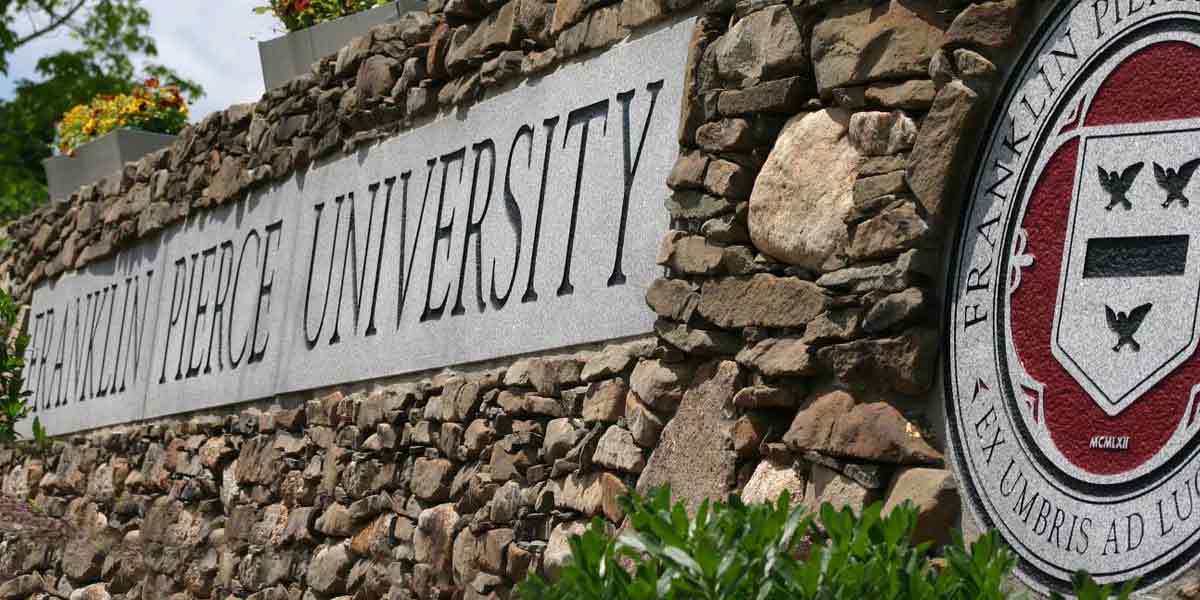Institute for Climate Action launched in standing-room only kickoff
Nov 18, 2019

|
The Franklin Pierce Institute for Climate Action was launched at a standing room-only event on Thursday, November 14. President Kim Mooney welcomed students, faculty and staff, as well as activists and members of the larger Monadnock community, noting that the U.N. Intergovernmental Panel on Climate Change has warned that we have 11 years to reduce greenhouse gases to a level that will limit global warming to 1.50 C. “Higher education has a critical role to play in meeting this challenge, by educating our students, demonstrating best practices in our own operations, and setting an example of environmental citizenship in our communities. The Institute for Climate Action represents a new phase in the University’s commitment to this cause,” President Mooney said. |
 |
An environmental “teach-in” followed. Professor of Geology and Environmental Science Fred Rogers presented a baseline of factual information about climate change, including changes in the lower atmosphere caused by carbon emissions and the resulting health impacts on human beings.
Institute Co-Leader and Professor of English Gerald Burns expanded on aspects of human nature and behavior that contribute to the crisis, attempting to answer the question, “Why are we so unwilling and unable to slow our rate of carbon emissions?” He pointed to cognitive biases, self-interest and the perception that our current patterns of energy consumption are tied to economic growth.
Professor of Environmental Science Catherine Koning, co-leader of the Institute, examined the concept of sustainable development, which meets present needs without overtaxing future generations. She reviewed a list of effective local and global strategies for sustainability, which included managing heating and cooling in buildings, educating girls, having fewer children, reducing air travel and promoting a plant-based diet.
Activists from local organizations addressing aspects of sustainability introduced their work, which ranged from lobbying local representatives for support of climate action to promoting electric vehicles to protesting environmentally damaging infrastructure projects. Franklin Pierce students in Professor John Harris’ Sustainable Communities class presented posters about topics including sustainable cafeteria practices, campus solar energy and electric lawn mowers.

